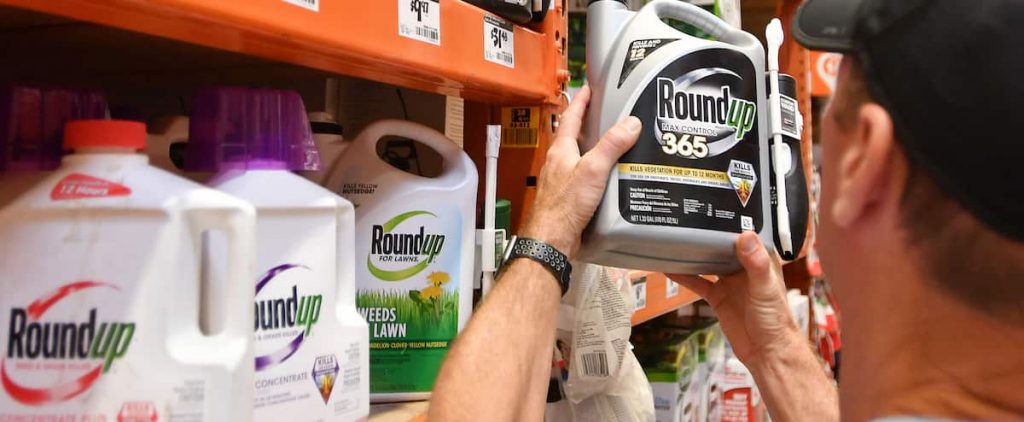The city of Montreal recently announced that it intends to ban the sale and use of many pesticides on its territory. Among the exceptions set forth in its bylaws, Montreal must exclude the region and agricultural activities (as it did on golf courses). Here are the main reasons.
First, because the Quebec government’s regulations on the use of pesticides in agriculture are already one of the strictest in Canada. Agricultural activities are ubiquitous in Quebec, where the climate allows. Our cultivation is diverse, like different regions. There are more than 28,000 farms spread across Quebec, the vast majority of which are family owned.
Local farmers are sensitive to citizens’ concerns about pesticide use. Agricultural practices are diversified to reduce their use and organic production is progressing. At present, alternatives to pesticides are more numerous, but so far they do not allow to prohibit their use in all cases. Research may help to get there.
Sustainable Agriculture Plan 2020-2030
The Quebec government adopted the 2020-2030 Sustainable Agriculture Plan last fall. Residents and producers welcomed this initiative, which is based on three principles: supporting producers who promote good agro-environmental practices; improve professional support for farmers; Invest in research to provide them with viable solutions to replace pesticides.
The control of crop pests, all productions combined, is complex, especially as climate change increases this complexity. However, the signs are encouraging. The supply of organic pesticides is increasing and these products are being used more and more. The sale of neonicotinoids and prescription pesticides is declining. The pressure index (the amount of pesticides sold per hectare) has been steadily declining for nearly a decade.
Then, there are more than 1,000 municipalities in Quebec. If each of them had their own regulations on the use of pesticides in agriculture, it would be simply unmanageable and ineffective. Will they have the resources to enforce their regulations? The City of Laval, like a hundred municipalities in Quebec, has adopted an internal regulation to manage the use of pesticides on its territory. But it excluded from its regulations the region and agricultural activities.
Agri-vert . program
Let’s be realistic. In the short term, a total ban on pesticides in agriculture will solve nothing, except that we will import more food from countries with less strict rules than our laws, or from other Canadian provinces. The borders are not closed. At a time when we are all concerned about our dietary independence, that would be nonsense. The real solution lies in research, training and producer support.
The United States and Europe invest far more than Canada in eco-agriculture. The current election campaign should reinforce the positioning of every political formation towards greener agriculture. To respond to this important issue for the population, the MAP proposes the creation of a new program (Agri-vert) to support agro-ecological transformation.
We all want to reduce our agriculture’s dependence on pesticides, but breeding municipal agricultural regulations is not the answer. This issue goes far beyond the territory of each of them.
Marcel Grolio, President of the Union of Agricultural Producers

“Music guru. Incurable web practitioner. Thinker. Lifelong zombie junkie. Tv buff. Typical organizer. Evil beer scholar.”







More Stories
After the discovery of norovirus, these berries should not be eaten.
Mechanics Strike | WestJet Cancels Nearly 700 Flights, Affects Nearly 100,000 Passengers
Three 'basic' Airbnb listings: Owner shares how he easily skirted the rules